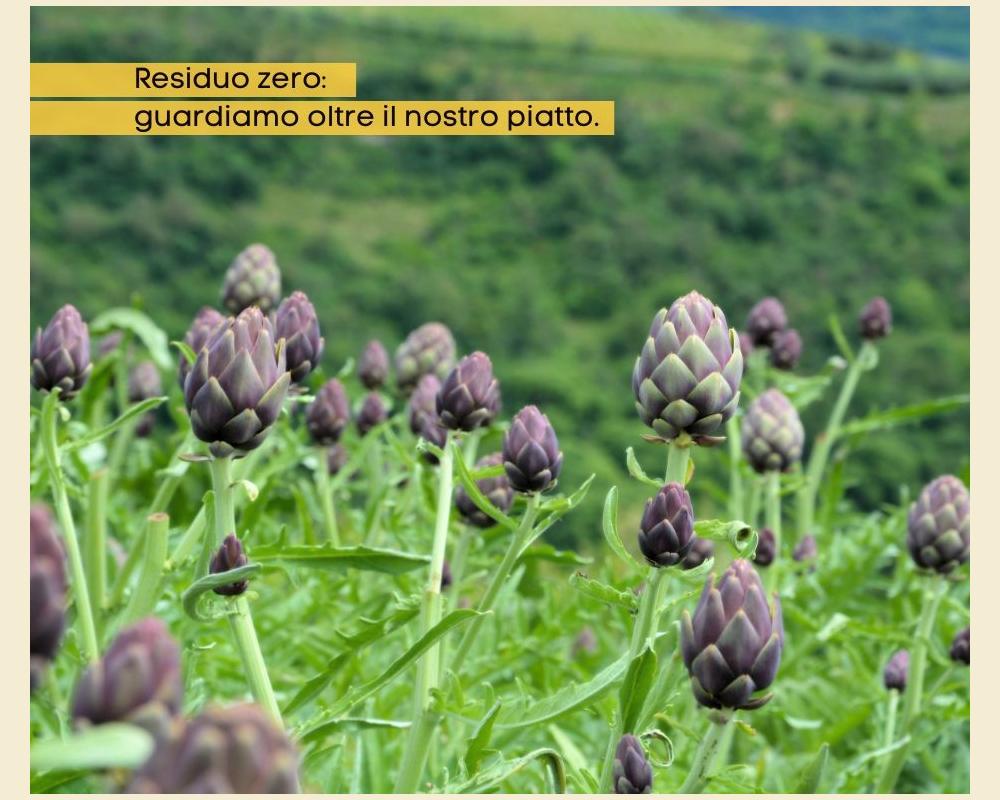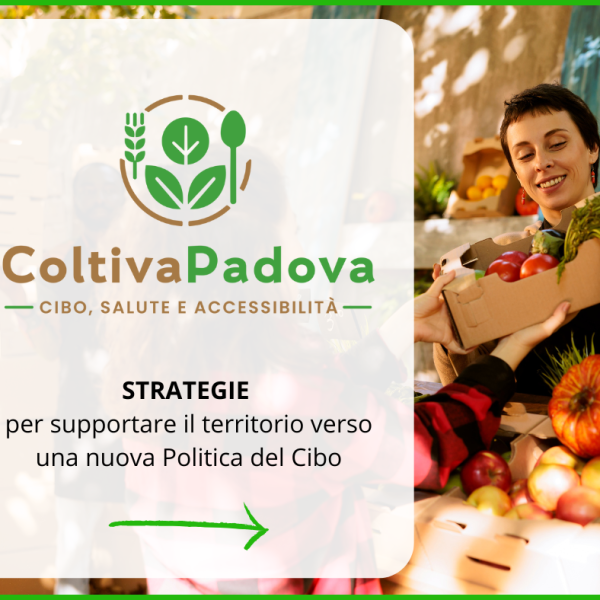WHAT DOES ZERO RESIDUE MEAN
11.04.25

It happens more and more often, when you enter a supermarket, to find yourself in front of packages that bear the wording “zero residue”, this term can confuse us, making us think that they are products from organic agriculture: in reality they are two very different things.
'Zero' is a simple and direct term, a highly inflated claim that draws attention, such as 'zero sugar', 'zero fat' or 'zero kilometer'; it has a strong psychological effect of absence and purity.
'Zero waste' clearly and unambiguously indicates that the product is free of chemical residues, pesticides or fertilizers, it is a more 'reassuring' message for all of us, a principle that relies on the need for food safety.
What do we mean by zero waste products
The product is defined as “Zero Waste” when the residues of synthetic plant protection products are less than or equal to 0.01 mg/kg (10 ppb). This threshold is understood as the analytical quantification limit currently proposed by the most qualified test laboratories.
Zero residue does not mean the use of pesticides but that there is no trace of them left in the finished product. To better understand the difference with an organic product, we must take a step back and return to the time of cultivation; the “zero residue” can also be obtained by choosing the pesticides to be used more carefully, orienting ourselves between those that degrade most rapidly thanks to particular chemical-physical characteristics and/or respecting the times of shortage, that is, the period between the last treatment and the harvest or collection.
Zero residue does not mean the use of pesticides but that there is no trace of them left in the finished product. To better understand the difference with an organic product, we must take a step back and return to the time of cultivation; the “zero residue” can also be obtained by choosing the pesticides to be used more carefully, orienting ourselves between those that degrade most rapidly thanks to particular chemical-physical characteristics and/or respecting the times of shortage, that is, the period between the last treatment and the harvest or collection.
What do we mean by organic products
It is the European regulation on organic agriculture that tells us that “organic production is a global system of farm management and food production based on the interaction between best practices in the field of environment and climate action, a high level of biodiversity, the protection of natural resources and the application of strict criteria in the field of animal welfare and strict production standards suited to the preferences of an increasing number of consumers for products obtained with substances and processes natural.”
The use of pesticides and synthetic fertilizers is prohibited during the entire production process, because it is the simple and inevitable logical consequence of a much more articulated general concept.
The agronomic technique of “zero residue” focuses only on the absence of pesticide residues in the product at the time of consumption, without paying much attention to what it did before, what it caused to end up in surface and deep aquifers, in soils and in the air, the impact on bees, other pollinators and wildlife.
Conscious spending
Shopping may seem like an ordinary and trivial action but in reality it is a very important choice, which can make a difference.
The same applies to the type of agriculture that a farmer chooses to carry out.
Our farmers adopt organic farming practices, encouraging rural reforestation, valuing the seasonality of products and promoting biodiversity, thus expressing sustainable economic and production models and recovering almost forgotten historical and cultural customs.
A concrete choice of deep awareness, a gesture that really matters, a stance in favor of the territory, of what it can naturally offer and of the people who work it, with respect, every day.
Basically, if the only aspect that interests the consumer is the absence of pesticide residues on the product they buy, the “zero residue” product is fine.
But if his attitude, in addition to being 'egological', is, at least a little, 'ecological', and therefore pays attention to protecting the environment from contamination, safeguarding and increasing the natural fertility of soils, the renaturalization of habitats, the increase of biodiversity and attention to animal welfare, there is no game.
Thanks to Roberto Pinton, one of the founders of Coop. El Tamiso, for his contribution to the creation of the article.
Thanks to Roberto Pinton, one of the founders of Coop. El Tamiso, for his contribution to the creation of the article.
PREVIOUS ARTICLE
04. 04. 25
04.04.25
Cultiva Padova: the final results for a fairer and more sustainable urban agriculture presented
“Cultiva Padova” is a project funded by the RDP on food policies in relation to the local agricultural system and sustainable nutrition. El Tamiso participated as a partner, followed by the ...
Read




